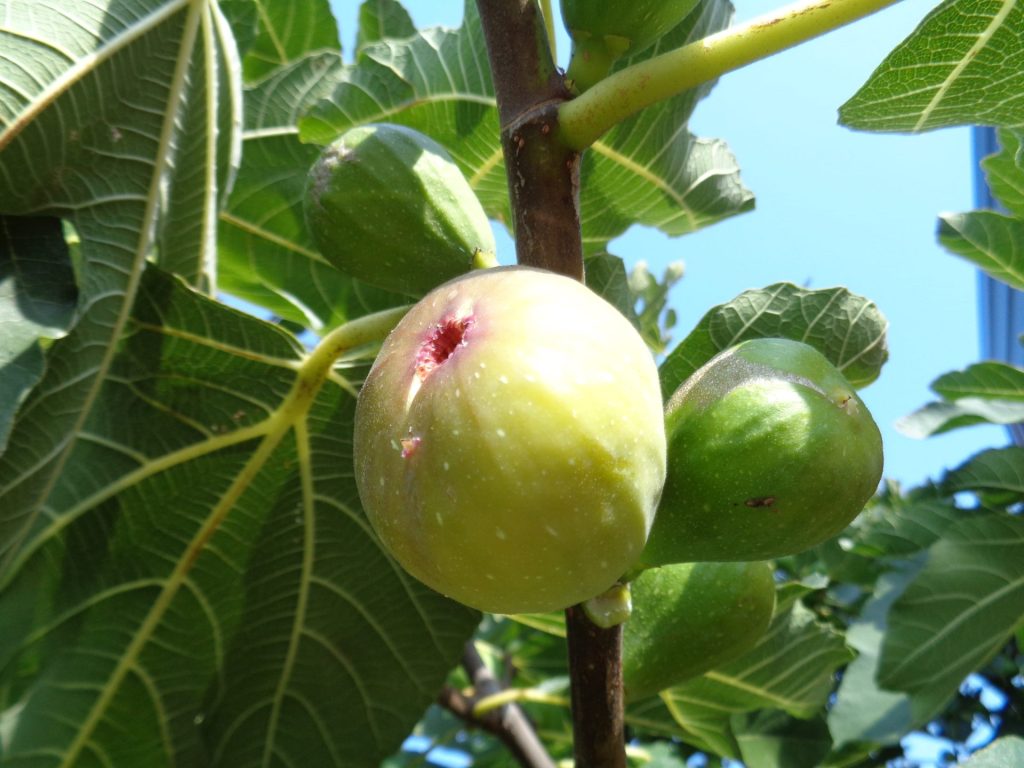Kingston University has collaborated with a new e-money current account to help drive vital research into a new cervical cancer treatment using fig latex.
The new UK neobank Science Card is the first of its kind in Britain, dedicated to accelerating science and innovation by funding projects like this one.
The funding from the Science Card will facilitate the development of this breakthrough treatment for cervical cancer, mostly caused by Human Papilloma Virus (HPV).
Dr Hossein Ashrafi, Associate professor in Pathology/Cancer Biology at Kingston University said: “Cervical cancer is a major global health issue, with about one in 140 females in the UK being diagnosed with cervical cancer in their lifetime.
“While current treatments can remove lesions, preventing spread and reducing tissue damage remains a major hurdle and finding a safer treatment is absolutely critical.”
Chemotherapy and radiotherapy are currently the only treatments available for cervical cancer, destroying both healthy and cancerous cells in the process, leaving patients with fatigue, hair loss and weakened immunity.
Fig latex has shown potential to be a less destructive treatment to cervical cancer by only attacking cancerous cells.
The fig latex naturally occurs when unripe figs are harvested and has the potential to boost tumour-suppressing proteins which inhibit HPV-induced cervical cancer.

Over 90% of the women who are diagnosed with cervical cancer can be attributed to also having Human Papilloma Virus (HPV), therefore, this treatment would reduce the number of cervical cancer patients dramatically, Dr Ashrafi believes.
Dr Ashrafi said: “When I used to work as a clinician, I would see people use the sap from figs on their warts on their skin.”
“So I thought if it removes warts, perhaps it has got anti-HPV or anti-tumour activity.”
After experimenting in-vitro (outside of the body) at Kingston University’s chemistry department, the team realised the true potential fig latex had.
With 3,200 new cases of cervical cancer appearing each year, according to WHO, Dr Ashrafi warned: “HPV is a silent killer and the public should be aware of it.”
The Science Card, powered by Mastercard, is set to launch at the end of the year, allowing customers to support scientific development with 10percent of profits being given to a range of projects like this.
Featured image by Kingston University Penrhyn Road Campus by David Martin, CC BY-SA 2.0, via Wikimedia Commons





